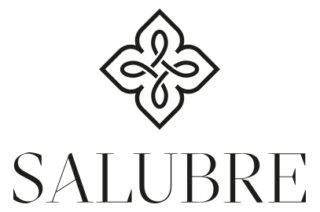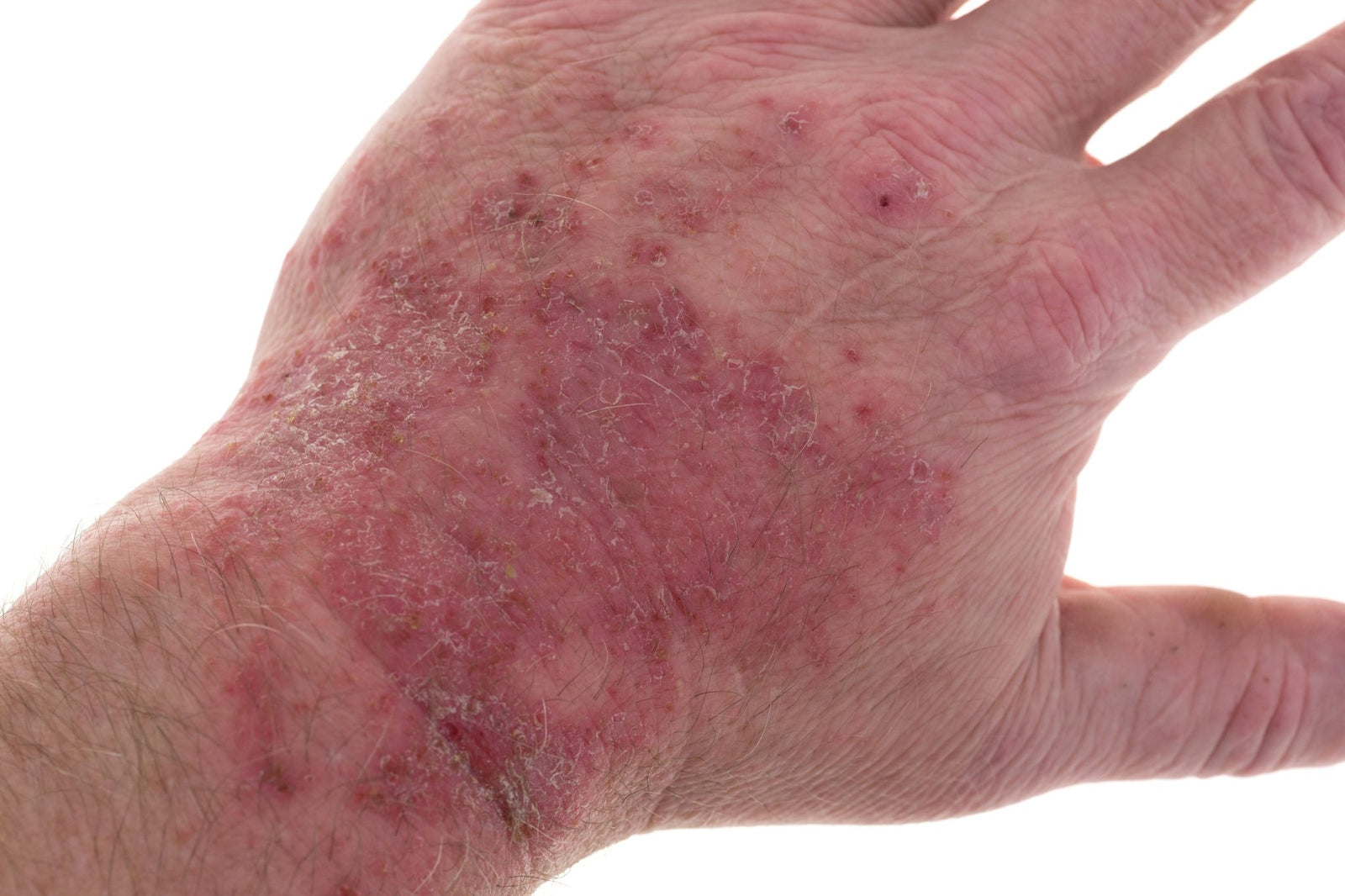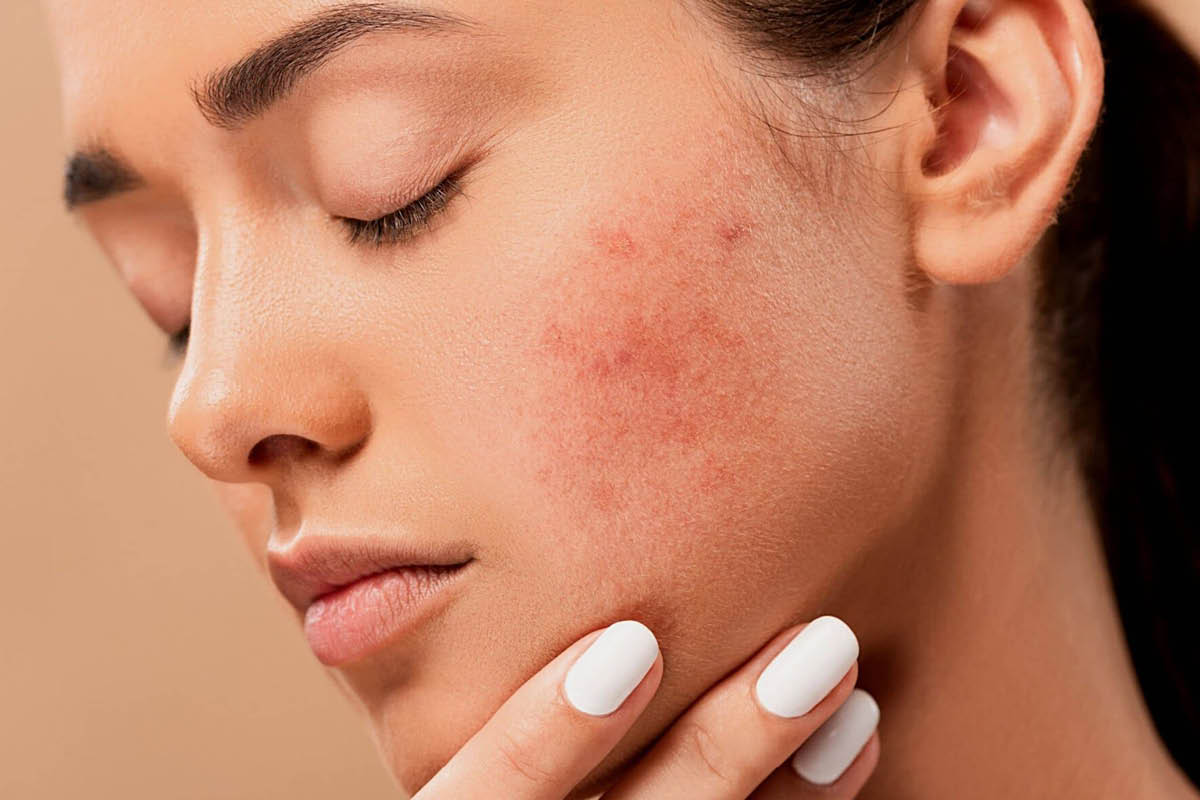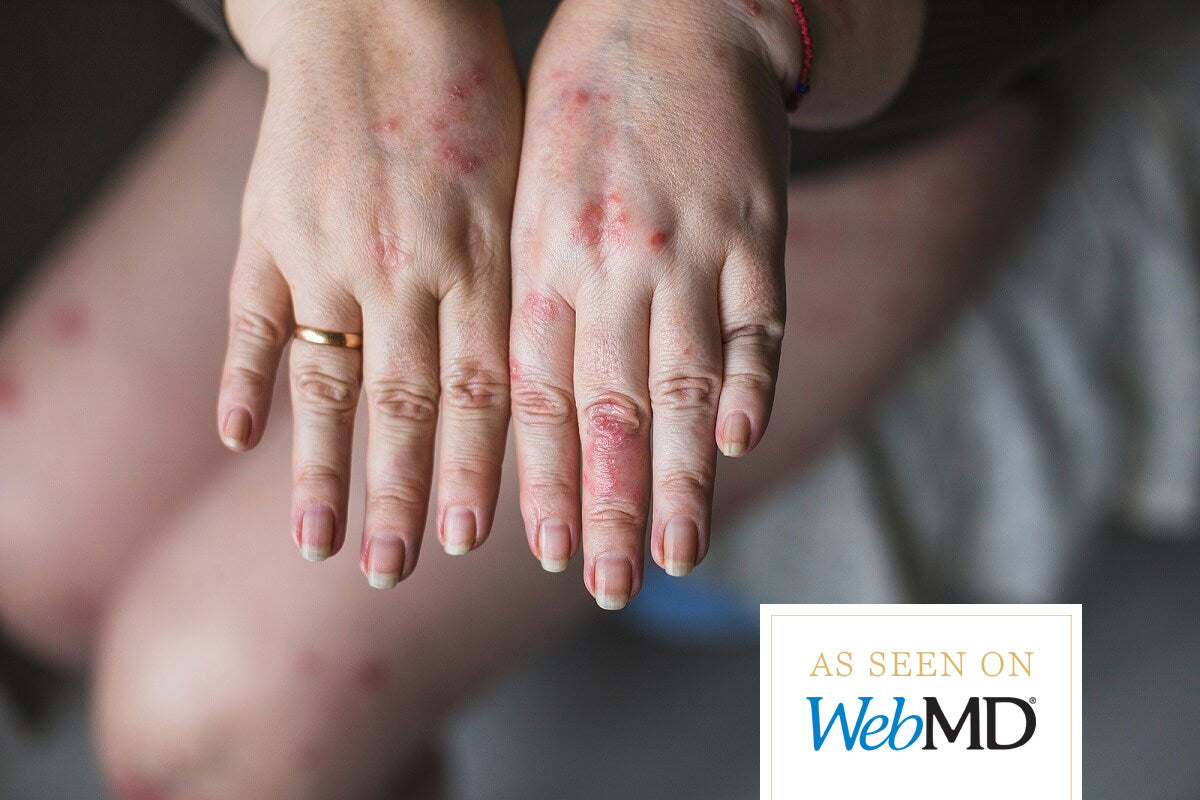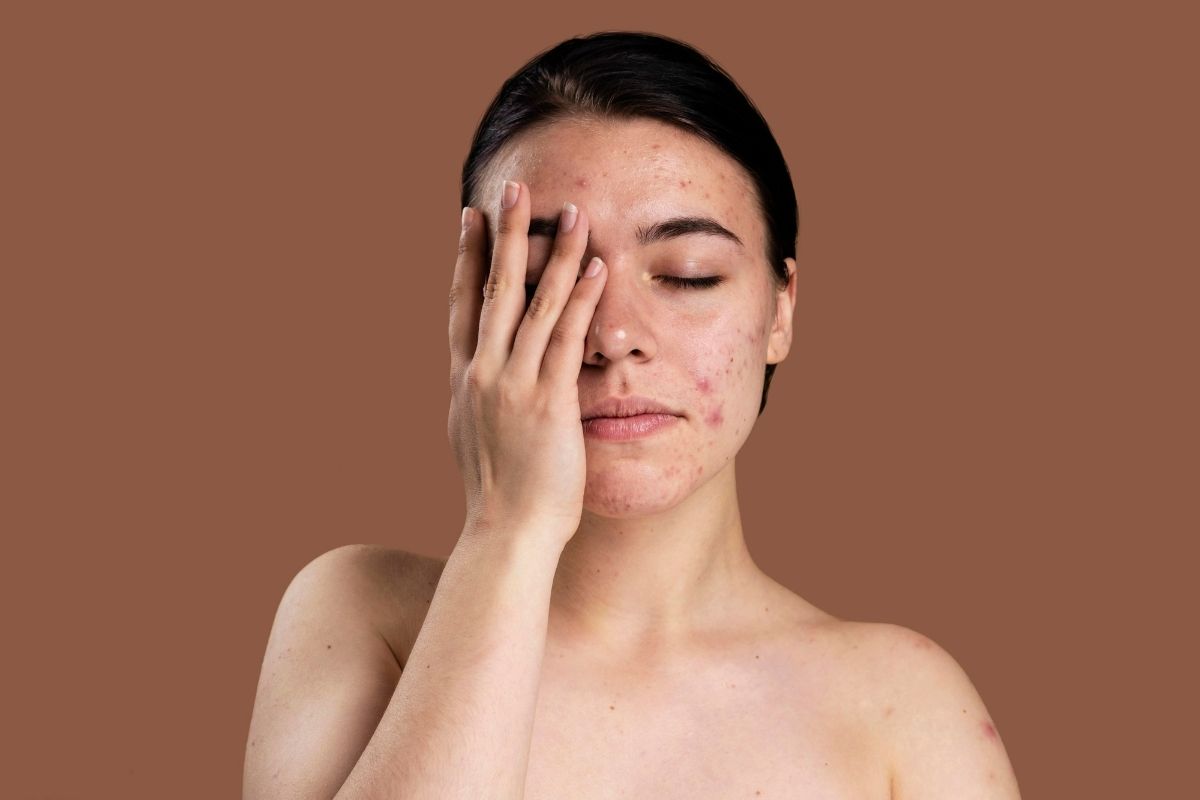Eczema and Psoriasis usually get grouped together as one disease but they are very different skin diseases. They both are a result of inflammation in the skin however the triggers are different and the immune response is different.
Here are some differences:
- Eczema is common in babies as a result of their immune system not effectively re-balancing after birth. When a woman is pregnant, her immune system must change so that her body doesn’t reject the baby. The T helper 2 cells increase while the T helper 1 cells reduce. Typically after the baby is born the mother’s immune system goes back to original state of health.
- Elevated T helper 2 cells gives rise to eczema and sinusitis
- Higher levels of T helper 1 cells leads to psoriasis
- Psoriasis is a result of the skin shedding every 4 days instead of every 28 days
- Eczema is linked to asthma and is considered to be related to allergies
- Psoriasis has been linked to metabolic syndrome, which means psoriasis sufferers have a stronger genetic link to developing diabetes, heart disease or having a stroke.
- Use a soap that is pH neutral to minimise any reaction to the skin at bath time
- Use a natural washing detergent
- Keep a food journal and see if your skin reacts to anything specifically. Note: the reaction can occur several days later.
- Improve gut health by having a probiotic daily.
- Generally people affected by both eczema and psoriasis should avoid inflammatory foods.
- To ease itchy skin add colloidal oatmeal into the bath.
- Use a natural cream to ease the inflammation in the skin.
| Eczema | Psoriasis |
| Colloidal oatmeal bath / sea salt bath | Colloidal oatmeal bath / sea salt bath |
| Diet: Avoid · Spicy/Hot food · Greasy/Fatty Food · Sugar-filled food · Wheat/yeast products · Dairy Products · Cashews · Alcohol · Soft Drinks · Try to reduce cold things · Processed foods · Fast Food Enjoy · Green vegetables – preferably organic · Seasonal fruits - preferably organic · Bananas – are alkaline and contain potassium · At least 2 litres filtered water per day · Lamb, Chicken, Fish · Soy, Almond or Rice Milk · Cereals that are wheat and sugar free · Pastas : rice, corn, quinoa, buckwheat, millet etc · Raw nuts such as walnuts/almonds · Wholegrain and whole foods – generally avoid anything processed · If possible eat organic fruits and vegetables and biodynamic meats, free range and organic poultry · Avoid farmed fish such as salmon and trout · Gluten free | Diet: Avoid · Acidic Fruits/Vegetables, such as oranges, tomatoes, lemons, · Spicy/Hot food · Greasy/Fatty Food · Sugar-filled food · Wheat/yeast products · Dairy Products · Cashews · Legumes: Kidney, Adzuki, Green Beans, Borlotti Beans, Mung Beans, Lentils, Split Peas, Chick Peas · Alcohol · Soft Drinks · Try to reduce cold things · Grains such as wheat, barley, oats, rye – all that contain gluten · Processed foods · Fast Food Enjoy · Green vegetables – preferably organic · Seasonal fruits - preferably organic · At least 2 litres filtered water per day · Lamb, Chicken, Fish · Snow peas · Soy, Almond or Rice Milk · Cereals that are wheat and sugar free · Pastas : rice, corn, quinoa, buckwheat, millet etc · Raw nuts such as walnuts/almonds · Small quantities of Low GI carbs |
| Natural products: Soaps, shampoos, washing detergent and cleaning products around the home Clothing: Only cotton as its breathable – organic cotton | Natural products: Soaps, shampoos, washing detergent and cleaning products around the home Clothing: Only cotton as its breathable – organic cotton |
